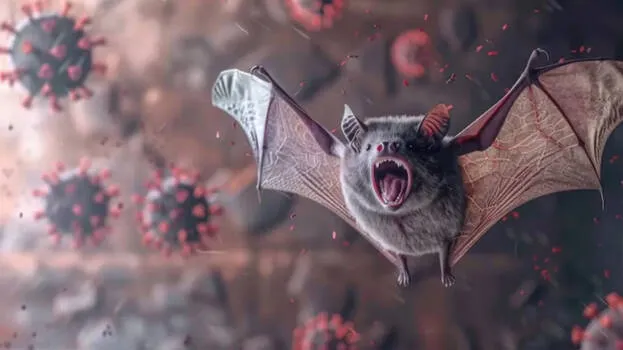

It is worrying that 345 people are included in the Nipah contact list in Kerala, including Malappuram, Palakkad and Kozhikode. There should be no laxity in taking precautionary measures to prevent the spread of Nipah at this time when the health sector is beset by strikes and protests.
The initial test conducted at the Virology Lab of Kozhikode Medical College has confirmed that the 18-year-old girl who died in Chettiyarangadi, Malappuram, was infected with Nipah. The 18-year-old girl who was admitted to a private hospital in Kottakkal due to fever was shifted to Kozhikode Medical College Hospital after her condition became critical. The official test to confirm that it is Nipah will have to come from the virology lab in Pune. The swab has been sent for this. The source of this child's disease is not yet clear. There are no bat habitats near this girl's house. There are 211 people in the girl's contact list. Most of them are health workers and relatives. The health department has advised them to stay in quarantine. People should be especially careful not to eat mangoes, guavas, and fruits that they get from roads and fields. The health department should give priority not only to treatment but also to awareness through the media to prevent the spread of Nipah. Experts should give advice on the symptoms and things to watch out for. This is a time when social media should also be vigilant to prevent the spread of misconceptions related to this. Unlike other infectious diseases that can be treated and cured, Nipah disease can be fatal if it becomes severe.
The health department should take care to set up special wards for this purpose in major government hospitals in North Kerala and take steps to ensure adequate medical equipment, medicines, etc. An alert has already been issued in the Malappuram and Palakkad districts in connection with two Nipah cases. Masks have been made mandatory in containment zones. In this context, it is necessary for the public to cooperate as much as possible in following the instructions of the officials. It has been noticed by the authorities that bats are being chased away by bursting crackers in some places. Experts say that this should not be done under any circumstances and that increasing pressure on bats will increase the presence of the Nipah virus. People were destroying bat habitats individually and in groups even when Nipah was reported last time. Although it is concluded that the virus can be transmitted by eating fruits bitten by bats, it is not yet known exactly how this disease is transmitted from bats to humans. The police should also intensify surveillance to ensure that bats are not being chased away by bursting crackers and using air guns. If the bats that are being chased away migrate to other places, they can lead to the possibility of disease in that area as well. Kozhikode Medical College has very good experience in conducting preventive activities against Nipah. Preventive measures should be taken urgently to prevent the spread of Nipah taking advantage of that experience.